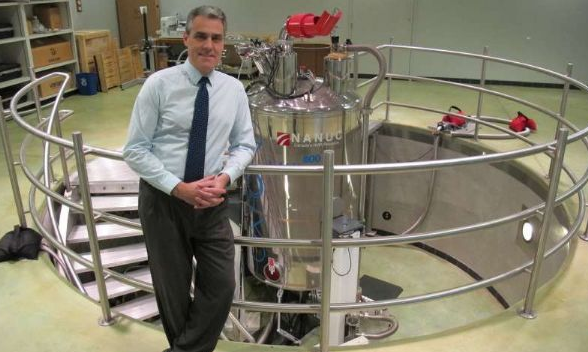
Wed, 2018/03/28
Nature Communication: Proteins that Make Difference between Cancerous and Healthy Cells Found
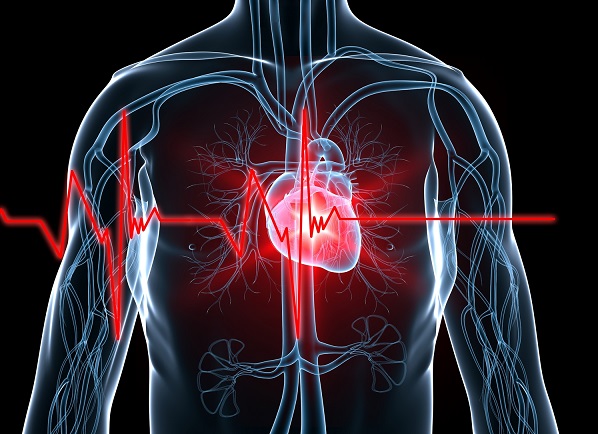
Sun, 2018/03/25
Recent Research Progress in Heart Disease (II)
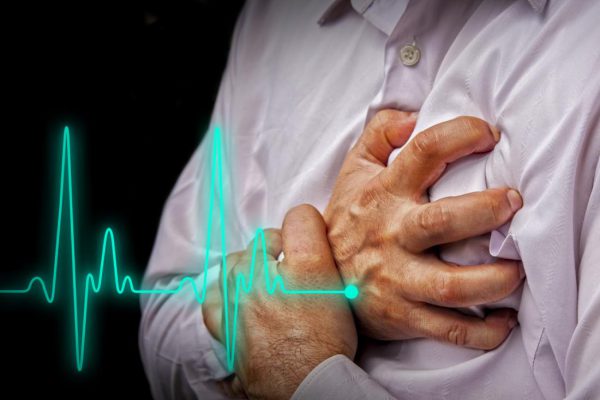
Sun, 2018/03/25
Recent Research Progress in Heart Disease (I)

Thu, 2018/03/15
Cell: TBK1 Is the Blockage to Weight Loss

Tue, 2018/02/27
Science: How Does the “Clock” Protein Work?
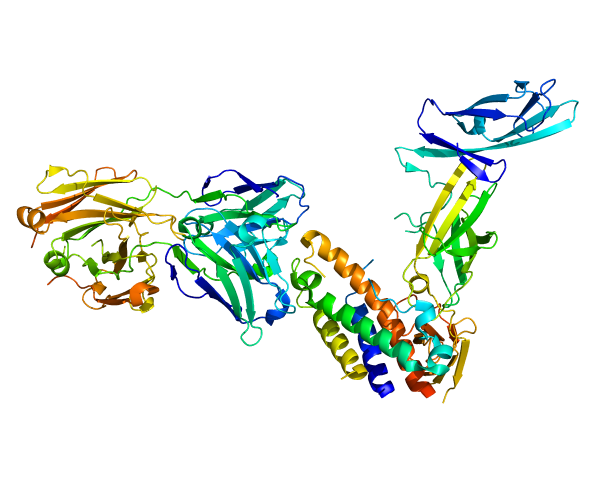
Tue, 2018/01/30
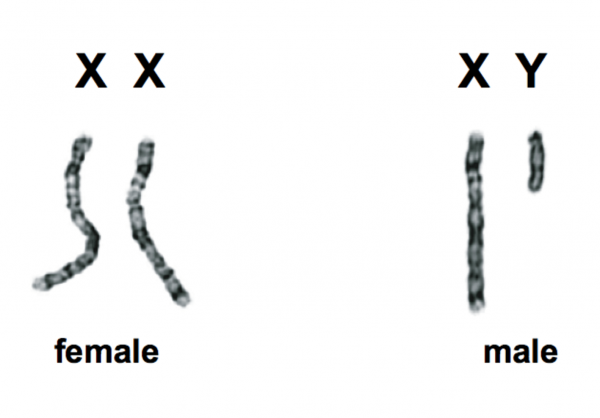
Tue, 2018/01/30
Is That True, Women Are More Likely to Survive Than Men?

Mon, 2018/01/29
